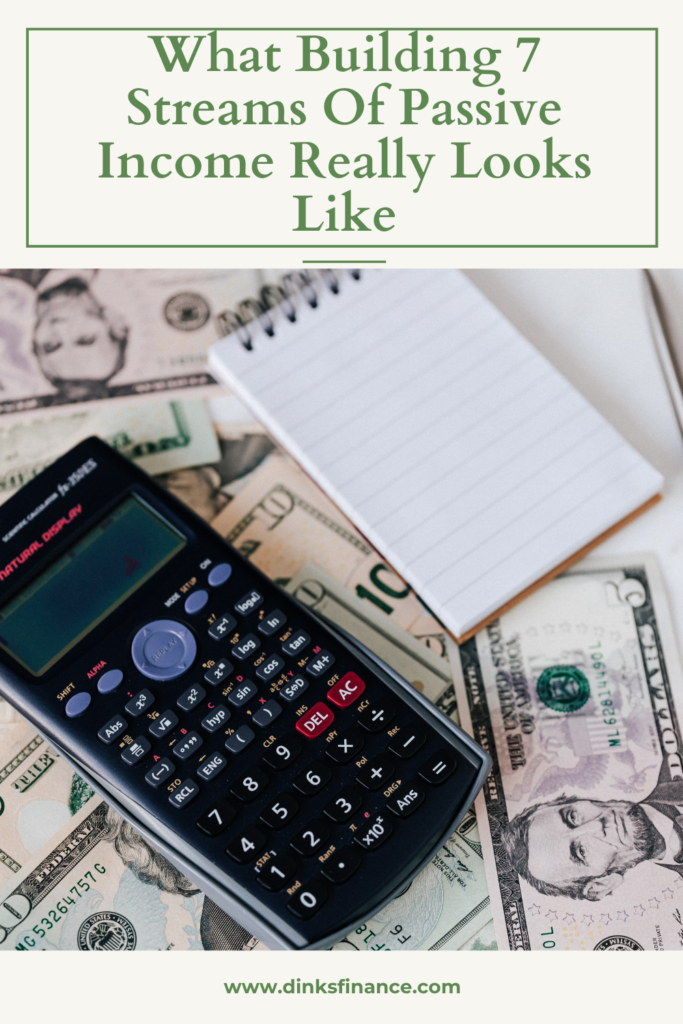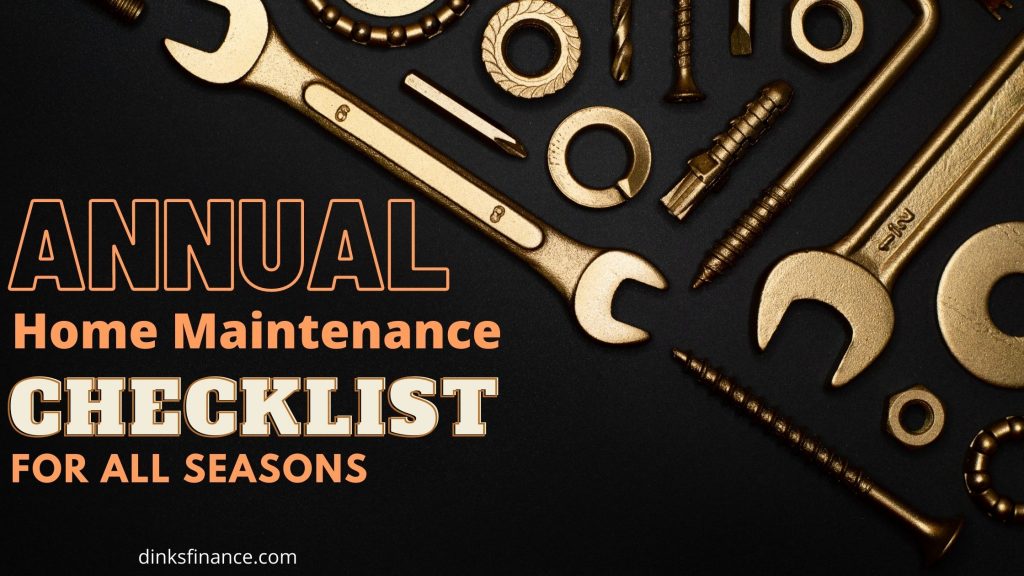
Retiring at the same time is a dream for many if not most couples. The idea of one day leaving your job and being able to start your retired life together sounds amazing, right? However, most people don’t weigh out the pros and cons of retiring at the same time as your spouse. In this article, we will answer the question “Should Couples Retire at the Same Time?” and hopefully help make your decision a little easier.

Should Couples Retire at the Same Time?
Walkthrough the points below with your partner to figure out your answers and what your final decision should be.
Retirement Goals
The first step is to figure out the lifestyle you and your partner want to maintain during retirement.
- Would you be traveling frequently together?
- Will you own your home outright or will you be paying a mortgage/rent?
- Do you want to help babysit your grandchildren?
In this step, you want to write out what you want life to look like in retirement. This is where you will write out all of the life goals you want to accomplish. This can also include places you want to do and things you want to try.
Are you and your spouse the same age? If you want to retire at the same time, will both of you be 65 or will you be of different ages? You can both have separate retirement goals too. Maybe you want to travel but the spouse doesn’t, if that’s the case then maybe you retire before the spouse and travel while they are still working and contributing to retirement savings.
Leave no stone unturned in this step, you want to make sure you are happy in retirement. After all, you’ve worked your whole life for it, right!?
Career Fulfillment
The next step is to figure out when you want to retire from work. The standard retirement age is 65, however, that doesn’t mean you can’t retire early or later if everything else is in line. But speaking from a more emotional perspective, at what age will you feel fulfilled with the work you have completed?
- Is there a project you have been working on you want to see through completion?
- Are you a mentor at your workplace?
- Do you feel like you’ve achieved every goal you wanted to before retiring?
You don’t want to leave work on a bad foot feeling as if you didn’t accomplish enough or like you left someone else is a pickle. Figure out when a good time would be for you to retire by planning out what you have to do and complete at work. In this step, make sure you are looking at knowledge transfer as well.
However, maybe your spouse hates their job and you love your job and don’t want to leave. Maybe this could be something where you continue at your job and build up a higher nest egg while your spouse retires a bit earlier and gets peace of mind by leaving a job they hate.
You want to make sure someone can take over the position you will be leaving and they won’t be calling you while you’re retired!
Adequate Savings & Insurance
This is the final step. Figure out how much money you already have saved up for retirement and how much more you need to save to have the life in retirement that you described in step 1.
From the first step, you should have an idea of what your monthly expenses will roughly have to be every year. This number should be net of taxes meaning that the final number is what you need so you will have to earn monthly gross that number to factor in taxes.
The main rule of thumb is that an investment portfolio can sustain a withdrawal rate of 4%. So figure out the total sum you need on an annual basis, and multiply that by 25 to get amount of money you need for retirement. So, if you need $80,000 to find the lifestyle you want, you’ll need $2,000,000 by retirement to pay for everything.
Figure out what your current expenses are and how they will increase or decrease in retirement. Knowing how much you will need (after taxes) every month in retirement will help you understand how much you need to retire.
Try using this vanguard retirement calculator that will help you calculate how much you need to retire comfortably.
Then also you want to talk to your current employer about your health insurance and what retirement benefits you may be eligible for. Ask your health care provider what you can do to keep your health insurance or increase it if you think you will need it. They will have full information regarding your specific policy and your options going into retirement.
Some notes to keep in mind:
- Medicare starts at 65
- Social security can start to be claimed at 62 with reduced benefits. It can be claimed at 65 with full benefits. Every year after 65 up to 70 have 8% increased benefits
- COBRA health coverage can last approximately 18 months after losing or leaving a job
With all of this said, you want to make sure you are running multiple scenarios of retirement. Especially if each of you wants to retire at different ages. If you are both the same age, it is a bit easier to calculate what retirement would look like together because of age benefits (social security is an example).
However, if one of you will be 65 first and the other has some time before hitting 62 even, then maybe it is worth it to not retire at the same time so the younger of the two can at least retire with social security benefits.
Regardless, you want to run multiple scenarios to see when exactly you will reach the level of financial independence to withdraw from your retirement accounts comfortably. This will help you decide on whether or not you should retire at the same time.
Final Thoughts
In the end, this decision is very personal and is between you and your partner. Use this article as a point of discussion. Walk through each of the main points and figure out what works best for you and your partner. There is no right or wrong answer, it is all dependent on your own personal situation. Hopefully, after reading this full piece you have your personal answer to “should couple retire at the same time?”
Do you already have your retirement plan? How did you approach your spouse about it?
For more reads, check out these articles!







 Another interesting company in the fractional ownership space is Fintor. It works on a similar model to Ark7. You buy fractional ownership in a single family home, and the app issues you monthly dividends. The company is a bit less established than ARK7, but both are good possibilities if small investors are interested in geographically targeted real estate. You can sign up for Fintor
Another interesting company in the fractional ownership space is Fintor. It works on a similar model to Ark7. You buy fractional ownership in a single family home, and the app issues you monthly dividends. The company is a bit less established than ARK7, but both are good possibilities if small investors are interested in geographically targeted real estate. You can sign up for Fintor 










